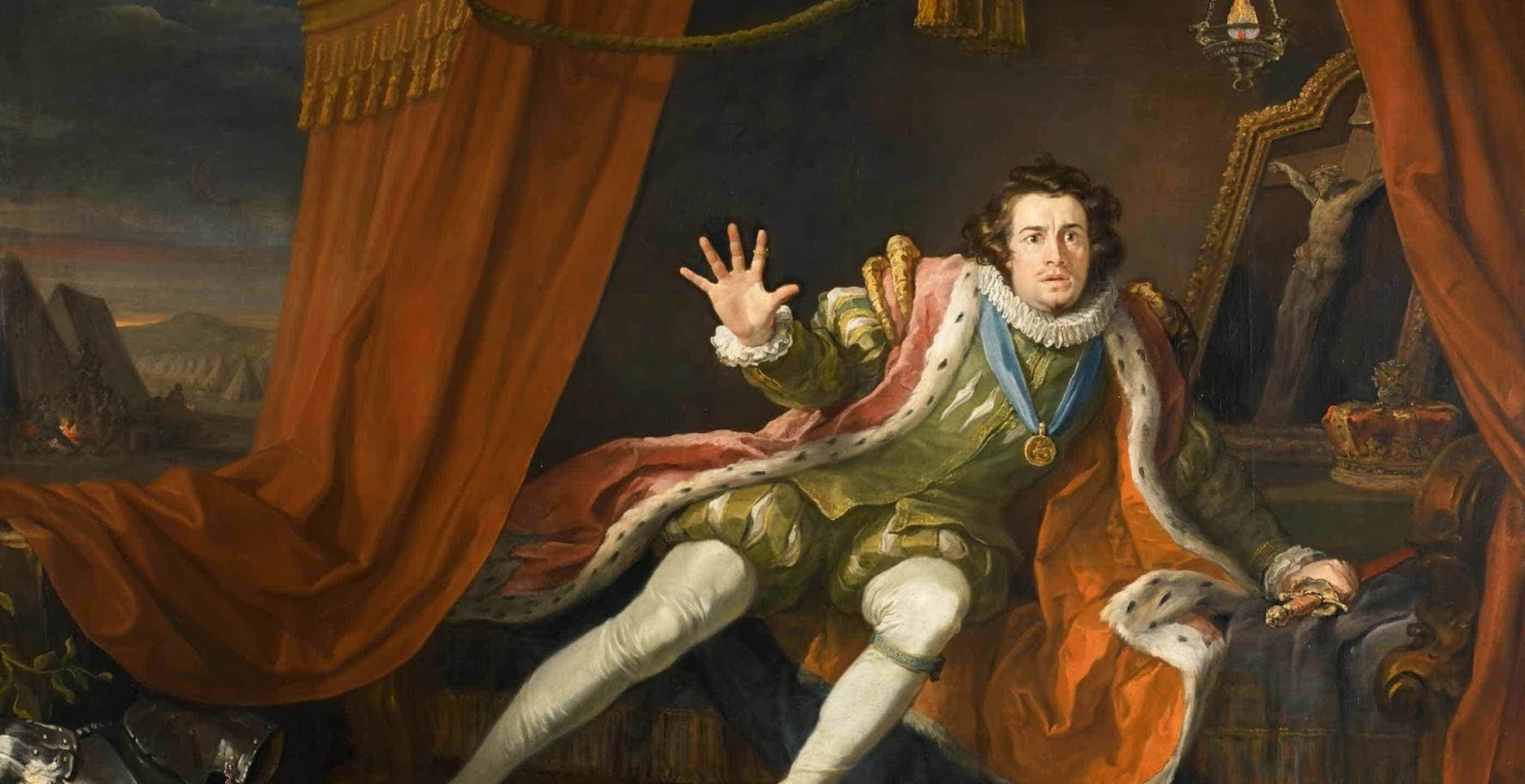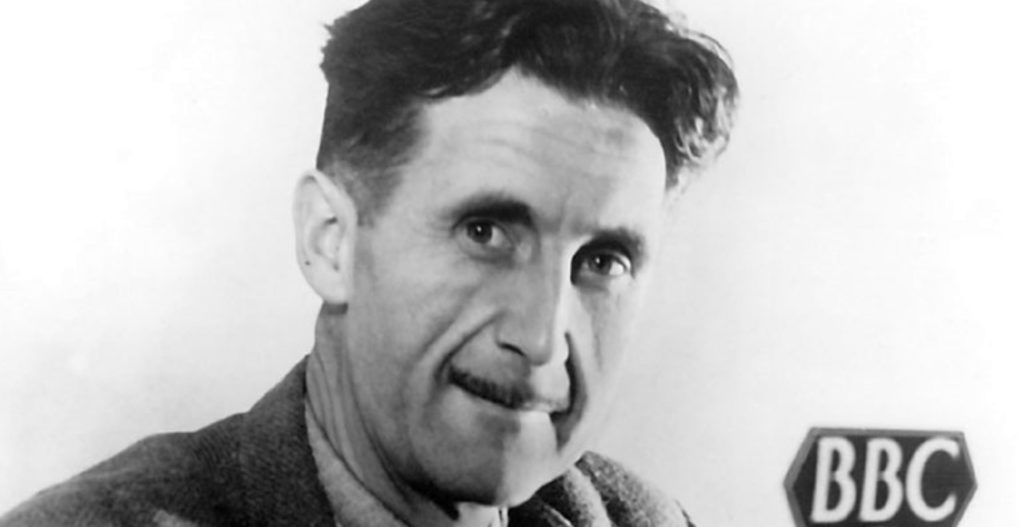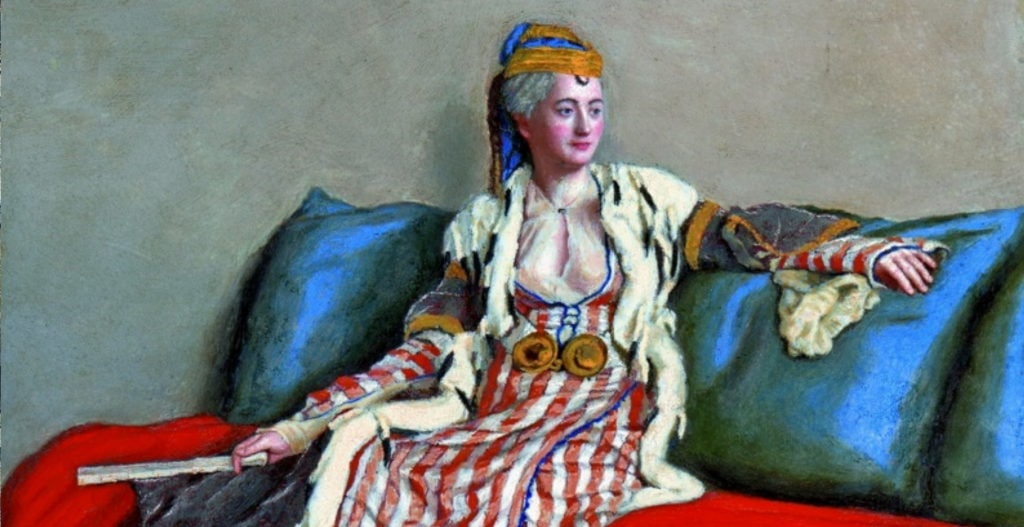Culture UK
Who are the British? Do they really drink tea, eat roast beef and Yorkshire pudding and never leave home without an umbrella? Find out more about true Brits; past and present, myth and legend, fact and fiction.
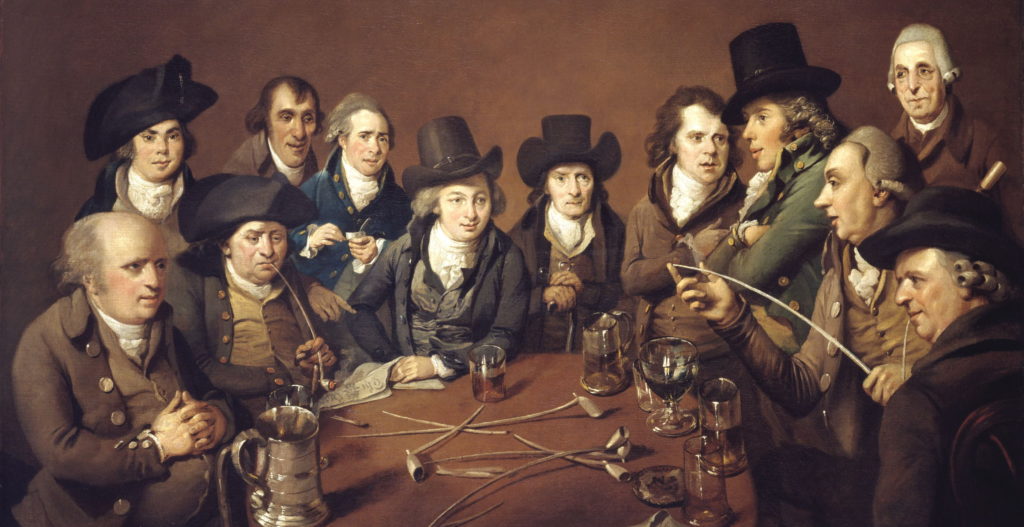
Poetry, Song and Politics: Freeth’s Birmingham Coffee House
Publican and poet John Freeth ran the Leicester Arms in Bell Street, Birmingham in the 18th century. The coffee house was the home of the Birmingham Book Club, also known as the Jacobin Club due to its political radicalism…
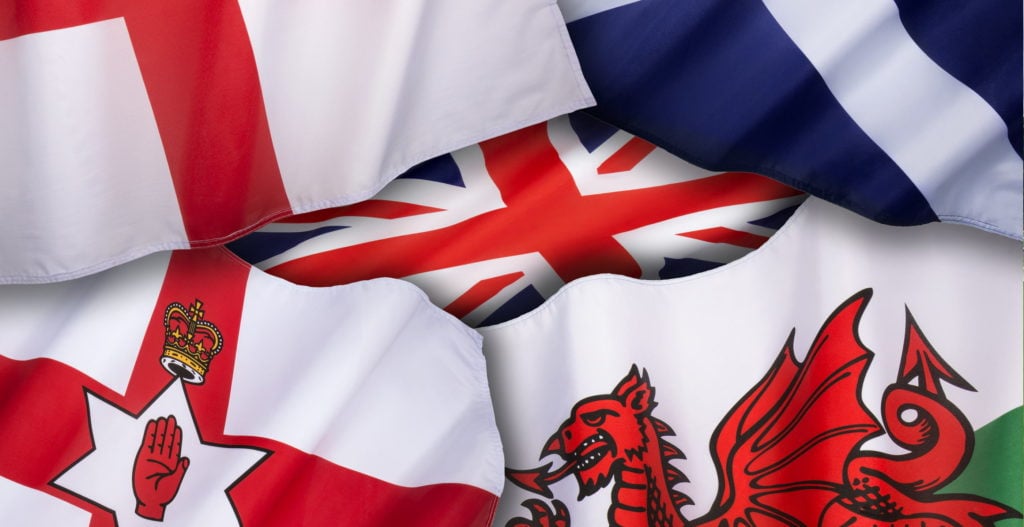
The Vexillology of Wales and the Union Flag
Although the Union Flag represents the United Kingdom of Great Britain and Northern Ireland, it does not seem to include any Welsh symbols or colours…
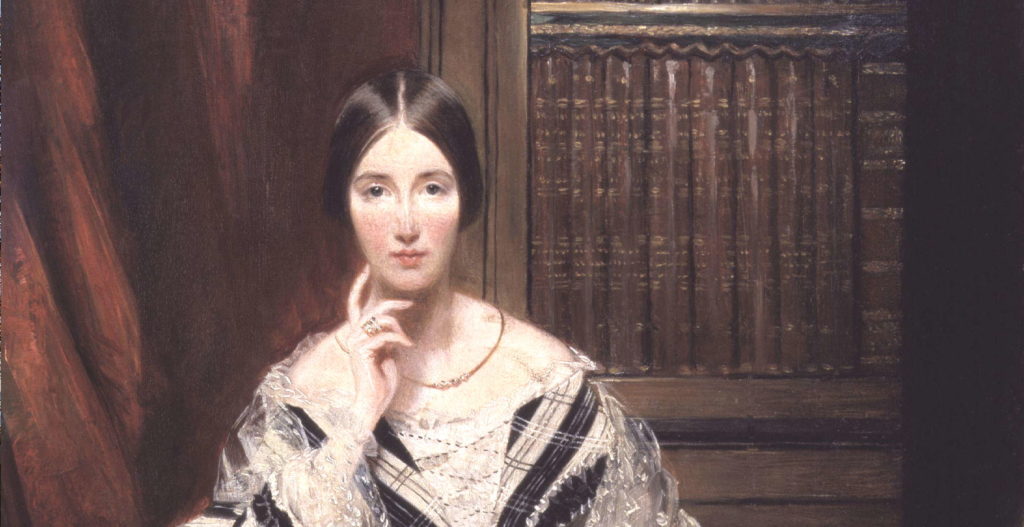
Angela Burdett-Coutts, Philanthropist
“After my mother, she is the most remarkable woman in the kingdom”. This was how King Edward VII described Angela Burdett-Coutts, an outspoken and dedicated philanthropist, who helped to found both the NSPCC and RSPCA, as well as funding countless other humanitarian causes…

The Wardian Case
The Wardian Case was an early example of a terrarium, a glass case with plants inside. However this humble portable glass case would come to play a huge part in the success of the British Empire, facilitating the transportation of commodities across the globe, changing fortunes of nations and influencing the palates of a generation…
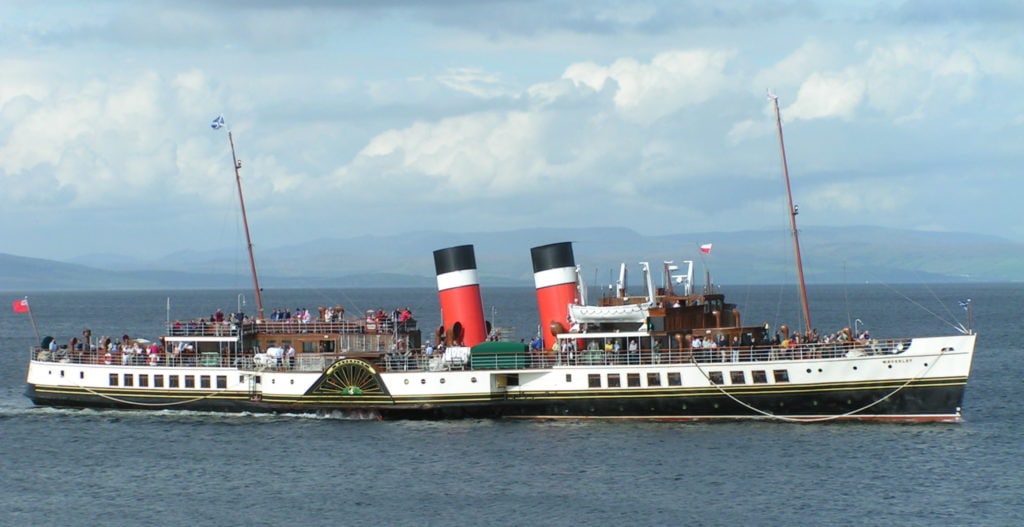
‘Steaming’ Drunk
The phrase ‘getting steaming’ meaning ‘getting drunk’ is well-known in Scottish vernacular and dropped into hungover conversation the world over. But why is the word ‘steaming’ associated with being inebriated?
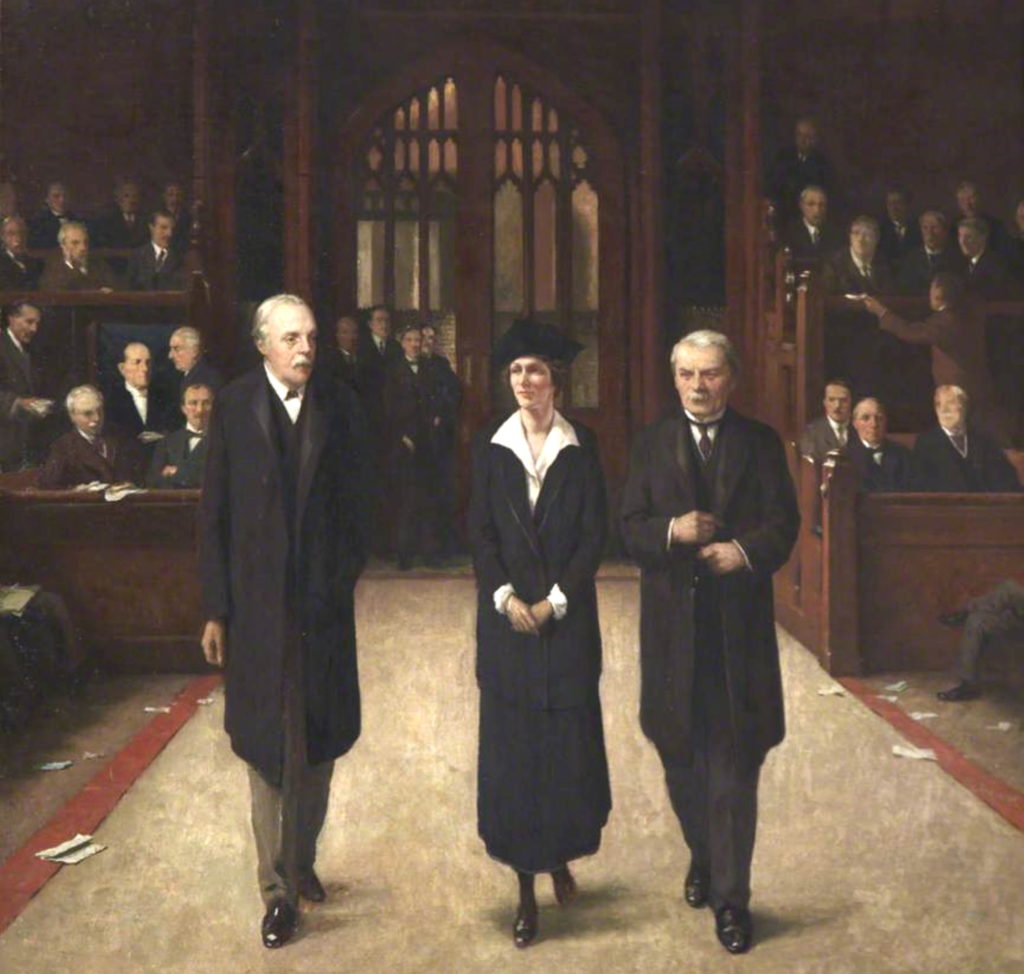
Nancy Astor
American born, Lady Nancy Astor became only the second woman to be elected as an MP and the first to take her seat in the House of Commons…
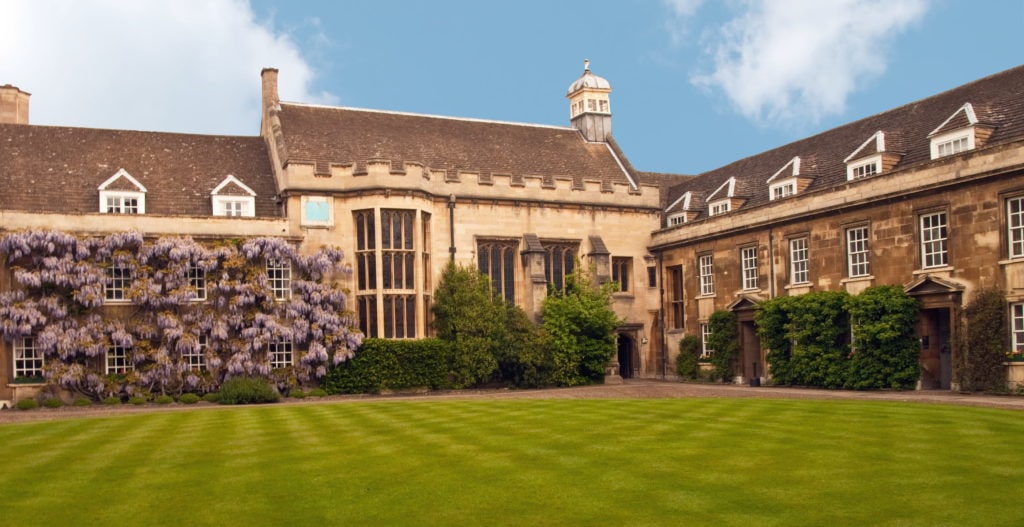
In the Footsteps of Darwin
Cambridge is a city of intellectual giants. This is the city of Stephen Hawking, Alan Turing, Ludwig Wittgenstein, to name just a few, and of course, Charles Darwin. Discover some of the places associated with him and his work…

The Witch of Ningpo – Mary Ann Aldersey
The number of female missionaries in China increased dramatically over the nineteenth century. However, these courageous women were not included in mission reports, contributing to them becoming “hidden from history”. One such woman, Mary Ann Aldersey, established the first school for girls in mainland China at Ningpo in 1843…
